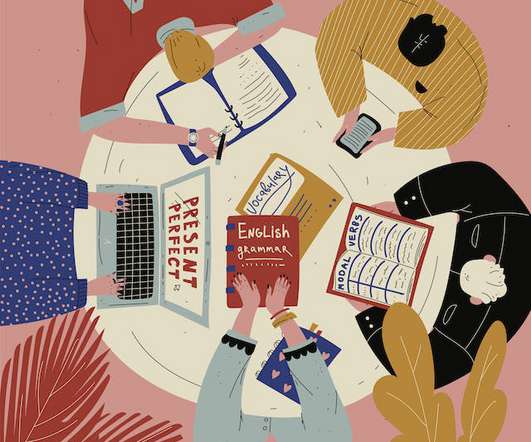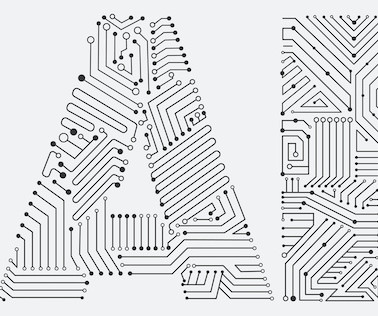How Monolingual Teachers Can Support English Language Acquisition for Multilingual Learners
Edsurge
SEPTEMBER 19, 2022
She wanted me to know that although she could not yet speak English, she felt confident as a learner in her first language. Research shows that students who are classified as English language learners may be perceived by teachers as less capable than their non-ELL peers. It’s so important that Esther spoke up about this.
















Let's personalize your content